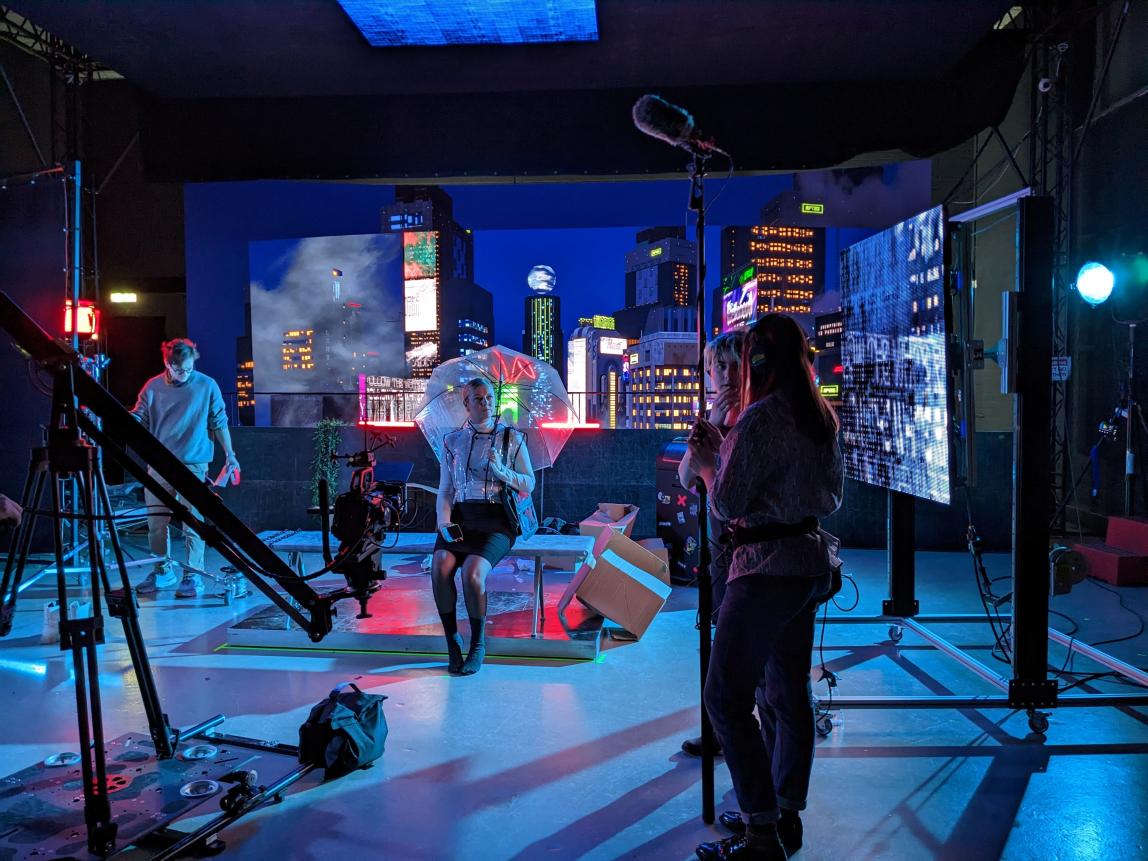
Taking entertainment video games seriously
11/11/2025 - 15:23
The Creative and Entertainment Games professorship is about creating knowledge and insights related to commercial and artistic video games. Some might see these as trivial, but “53% of Europeans enjoy playing video games, including 46.7% of women and girls” and the average player age is 32 (Ipsos.com, 2024). This is not a niche hobby, and it deserves to be taken seriously.